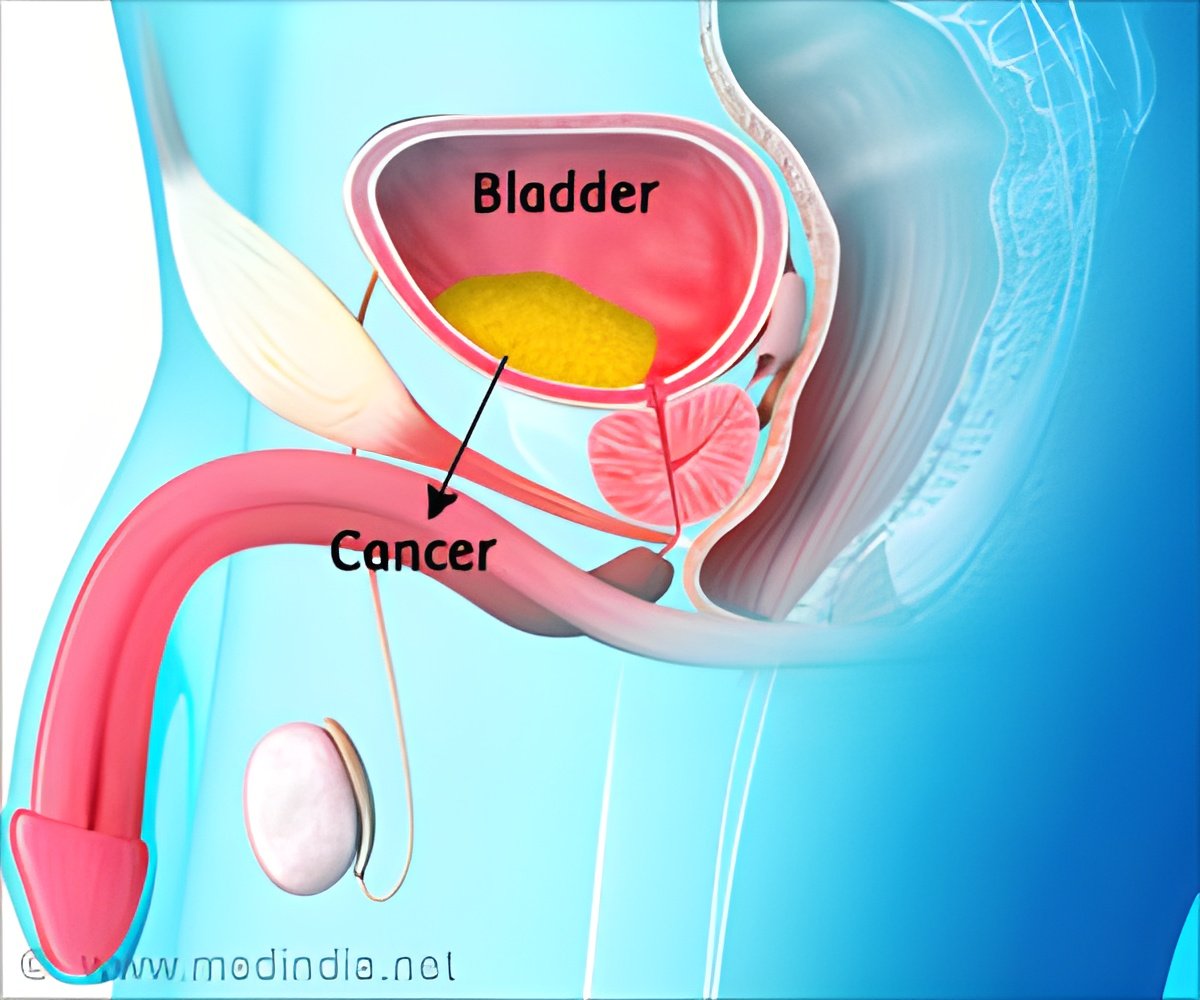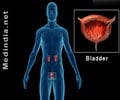A protein that can identify potential bladder cancer patients who could benefit from a treatment that makes radiotherapy more effective, has been identified by scientists.

By comparing levels of HIF-1α in tissue samples from 137 patients who had radiotherapy on its own or with CON, the researchers found the protein predicted which patients benefited from having CON. High levels of the protein were linked to better survival from the disease when patients had radiotherapy and CON. Patients with low protein levels did not benefit from having CON with their radiotherapy.
The HIF-1α protein indicates low oxygen levels in tumour cells – a state known as 'hypoxia'. The CON treatment works by adding oxygen to the oxygen-deprived tumour cells which makes them more sensitive to the radiotherapy.
Study author, Professor Catharine West, a Cancer Research UK scientist at The University of Manchester, said: "Although we have another biomarker that can predict responsiveness to CON and radiotherapy in bladder cancer patients, our findings tell us a bit more about the characteristics of bladder cancer tumours and how they may respond to this treatment."
"But we desperately need to do more work to find ways to treat those patients who won't see as much benefit from this."
"And it's exactly this type of vital research that we and other scientists will be doing at the Manchester Cancer Research Centre – bringing together a wide range of expertise to revolutionize cancer treatment."
Advertisement
Nell Barrie, senior science communications manager at Cancer Research UK, said: "This fascinating new finding could help doctors adapt their treatments to patients with bladder cancer as well as shedding more light on the disease."
Advertisement
Source-Eurekalert















